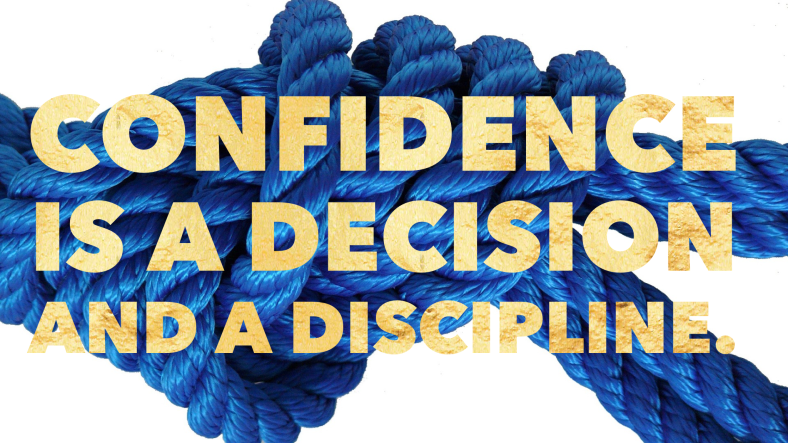
I had an amazing writing day the other day. Words flowed out of me in a way I’d been working towards for a while.
What did I do differently that day? I asked myself. It took me a while to work out what it was, but I’d spent the morning doing physical work and listening to music – my Best Songs Eva playlist. I’ve been experimenting since then with listening to music before and during writing. This is what I found:
- Music inspires
Art feeds art, and music can inspire you to write in a new way. Choose the right playlist to arouse, impel, exalt, animate, fill you (you get the idea) with feeling, openness and receptivity and let it flow out of you onto the page. - Music enhances mood and creativity
There’s something about listening to the right kind of music to get your neurons and synapses firing. I had to write about something based in personal pain, which I hadn’t been looking forward to. But it flowed out of me with an honesty I was flawed by, and surprisingly it was less painful than I’d expected. My word combinations were also new and exciting. I came up with language I didn’t know I had in me. Some of it needed paring back, but it was a great start. Music seemed to be my muse. - Great lyrics help language
Music with great lyrics – by that I mean words combined in a new way to create meaning and impact greater than their sum – can make you think about language in a new way, just like reading a classic book by a great author. It’s about looking at language through someone else’s eyes to spark new ways of using it yourself. It’s also about absorbing compelling language in an unconscious way that will hopefully show up on the page. - Music can block distractions and create focus
Some people use music to block out other distractions. I didn’t find this myself, but it definitely gave me greater focus and single-mindedness. - Write while listening to music?
This is OK for me, but not ideal. I found it interfered with the music of my words, sentences and paragraphs. That said many people swear by it so experiment to work out what’s best for you. - Or listen to music before you write?
This works best for me and it’s how I plan to go on using music. I’m working on creating playlists for certain moods I want to create in my writing. But really, anything that moves me seems to inspire. What works best for you?


